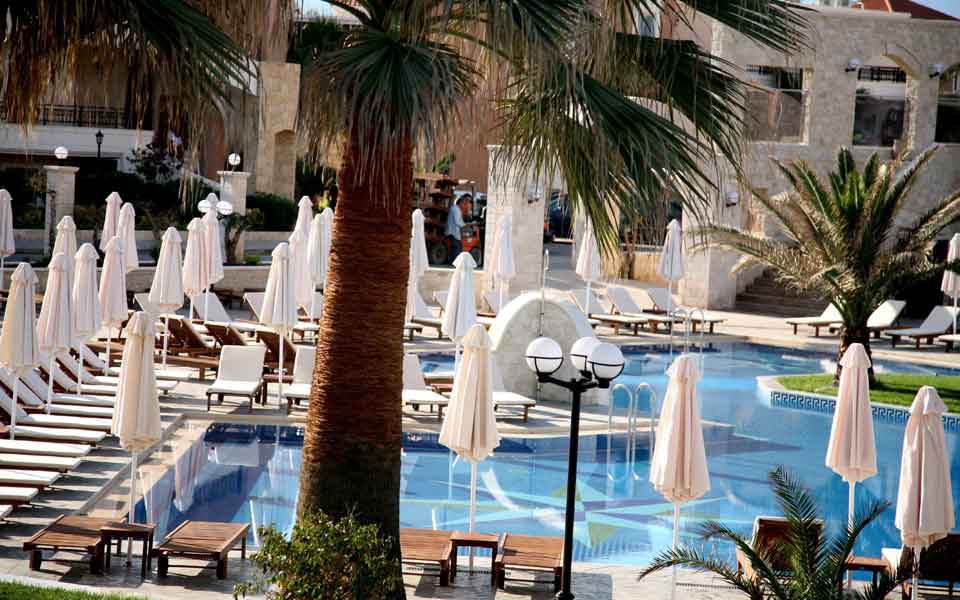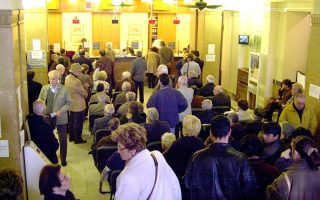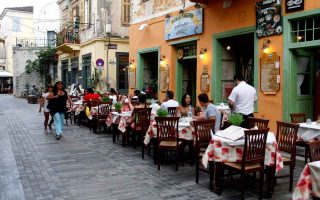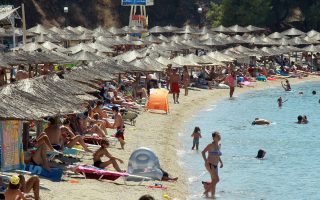Tourism could create more jobs, study argues

Employment in Greece owes a lot to tourism, and the potential is there for an even greater contribution to the labor market, according to a study by the Labor Institute of the General Confederation of Greek Labor (INE/GSEE).
The study, titled “Tourism and Growth: Main Figures, Sector Interconnections, Agricultural and Food System,” showed that tourism’s direct contribution to employment (through accommodation, transport, food service etc) amounts to 15.5 percent of the entire economy, while its total contribution (incorporating sectors that benefit from tourism such as retailing, food industry etc) reaches up to 33-39 percent.
Still, the INE/GSEE study records tourism’s inability to keep the jobless rate in resort areas below the national average, or even to reduce unemployment when tourism peaks. This is despite the dynamic increase in arrivals after 2012.
The case of Crete is cited as a typical example: The study indicates that while unemployment on the island over the tourism season (from June to September) stood at just over half the country’s average in 2009, in 2010 and 2011 it climbed to 80 percent, while since 2012 it has remained at the same level as in the off-season.
The Institute of the Greek Tourism Confederation (SETE) on Monday used data from the Labor Ministry’s Ergani hirings database to show that while in June the net increase in jobs across the economy amounted to 40,599, the net growth in accommodation alone reached 25,349 more jobs and in food catering 35,387: This means that the rise in salaried employment in tourism has been bigger than that of the entire economy, due to the job losses in other sectors of the economy, such as in education due to the end of the school year.
The decline in the average length of stay and expenditure per trip serves as a hindrance to employment in tourism: INE/GSEE figures illustrate that the average stay per trip to Greece has shrunk from 10.7 days in 2005 to just 6.9 days in 2016, while the average expenditure per trip has diminished from 745.7 euros in 2005 to 470.5 euros last year.





